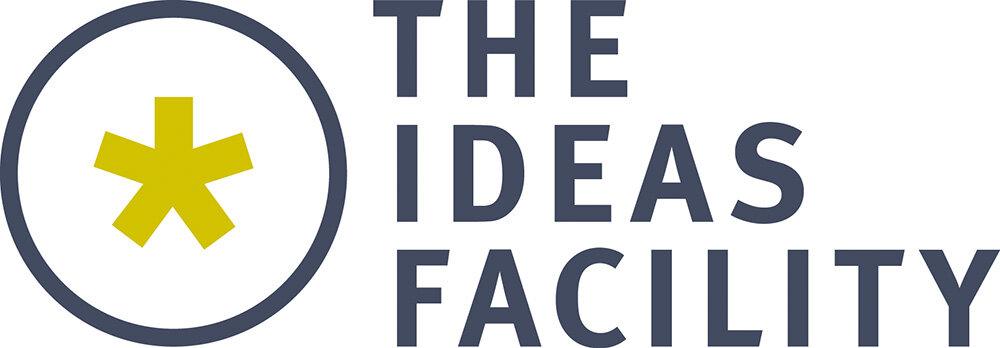Everything needs to change, so everything can stay the same
We have taken our title from Giuseppe Tomasi di Lampedusa’s novel ‘The Leopard’. Whilst the novel is set in 19th Century Sicily, where the Prince of Salina is caught in the midst of civil war and revolution, it also resonates as a story in parallel with our times.
A central theme of the story is the struggle between mortality and decay - particularly the fading of beauty, fading of memories, changes in political systems, idolising false relics and so on. This theme has been brought home to many during the pandemic crisis of Covid 19 and some of the ensuing political and cultural fallout.
What makes it pertinent for today, is that many of us are re-thinking our lives, our work, our choices and patterns of behaviour, to create a way of life that positions us in what may be ‘the new normal.’
These choices also apply to business. Consumers have been forced to make new choices about what they want to buy, where they wish to shop, and equally, questioning what brands align with their new view of the world.
Many industries and sectors have been disrupted, whilst others have thrived during the crisis, yet leading through disruptive times, requires businesses to rethink their value propositions, based on the new insights gleaned from these fresh customer perspectives.
This may naturally lead to businesses to accelerating their ‘digital transformation’ plans, to provide services that translate to an online offering. However, this is only one side of the equation. Leaders working in the business environment, need to ensure all aspects of their operating model are aligned with this direction of travel, and that staff understand that all the aspects of their work contribute to this. They need to be motivated and engaged. They also need clear, line of sight to vision and strategic direction.
There may be underlying consumer trends as well as technological enablers, pointing towards the new opportunities of digital transformation, yet there are other aspects that need consideration too.
There will be much focus on businesses ‘re-imagining’ their businesses, by looking through the lens of understanding consumer habits and expectations, arising from the pandemic. However, this ‘reimagining’ also needs to involve teams and people that work within businesses, to ensure their experiences of Covid 19, form an organisation they want to be part of. They are two separate circles in a Venn diagram. Where they cross and form the ‘sweet spot’, is where the real opportunities lie, in creating new consumer experiences driven by purpose, supported by organisational culture that celebrates life, health and learning.
This Venn diagram analogy suggests a shift from the pre-pandemic ‘individualism’, to more ‘civism’, where there is less ‘I’ and more ‘We’. Brands will thrive, where greater citizenship is created within organisations, and where this is projected outwards to consumers, where there is an enhanced desire for more meaningful and relevant connections.
There are a number of imperatives that come into play, to consider this more visible merging together:
Measurability
Companies will be held accountable for their business decisions more than ever. Staff will be motivated by their organisations, where they can demonstrate more sustainable and responsible impacts. Organisations who participate in ‘Community and Social Responsibility’ (CSR) will be challenged to do more than ‘tick the corporate feelgood box’. If not, they will be left behind by employees that want to see more impactful returns across the whole value chain. The UN Global Goals framework will come more to the fore, with its clearly identifiable sustainability impact measures.
The blending of work and home
It’s often the norm to consider ‘digital transformation’ through the focus of consumer insight and experience. However, the pandemic has also demonstrated that the convenience of digital platforms has blurred the edges between ‘work and play’. Teams in the workplace prior to ‘lockdown’, may have been reticent to embrace digital ways of working. However, digital platforms have enabled us to maintain and create new connections whilst being in the confines of home – both with our work colleagues and customers alike.
Traditional service providers will be forced to outcompete this ‘home experience’ or adapt to digital equivalents. Back to the Venn diagram, the ‘sweet spot’ between work and home will become bigger, as digital platforms enable us to make more effective use of our time, and to choose when to work or not.
New health, New wealth
The pandemic has also exposed vulnerabilities of our food and health systems, prompting a new vigilance and awareness of health and hygiene practices. Staying healthy will become a focused priority. Employers and employees will need to work more in harmony, to ensure consistent service delivery and operations. This will create more emphasis on technology driven operating models, with less attention to hierarchy and more attention to stronger networks orbiting around purpose and strategy, rather than silo structures.
Value redefined
‘Value’ will become a more familiar word – not just in its ‘price’ connotation, but in how we perceive value and values. Both workers and consumers alike, will be making more informed and motivated choices about their work patterns and buying behaviours, as they reassess what’s important to them. We will see more people will be ‘voting with their feet!’
So, what does this mean?
It means that now more than ever, we need to consider our ecosystems more carefully, by looking at new ways of operating; understanding how technology can enhance our propositions; and how people are integrated in that system, from both internal (organisations) to external (consumer) perspectives.
What can organisations take away
To stretch the metaphor, Leopards can change their spots – we just have to recognise we are all Leopards and that we all need to be part of the makeover.
Interested in changing your organisation’ spots?
Interested in developing a Design Thinking led approach?
Let’s start that conversation.
Contact: glenn@theideasfacility.com
Visit our website to see what our clients say about how us.

